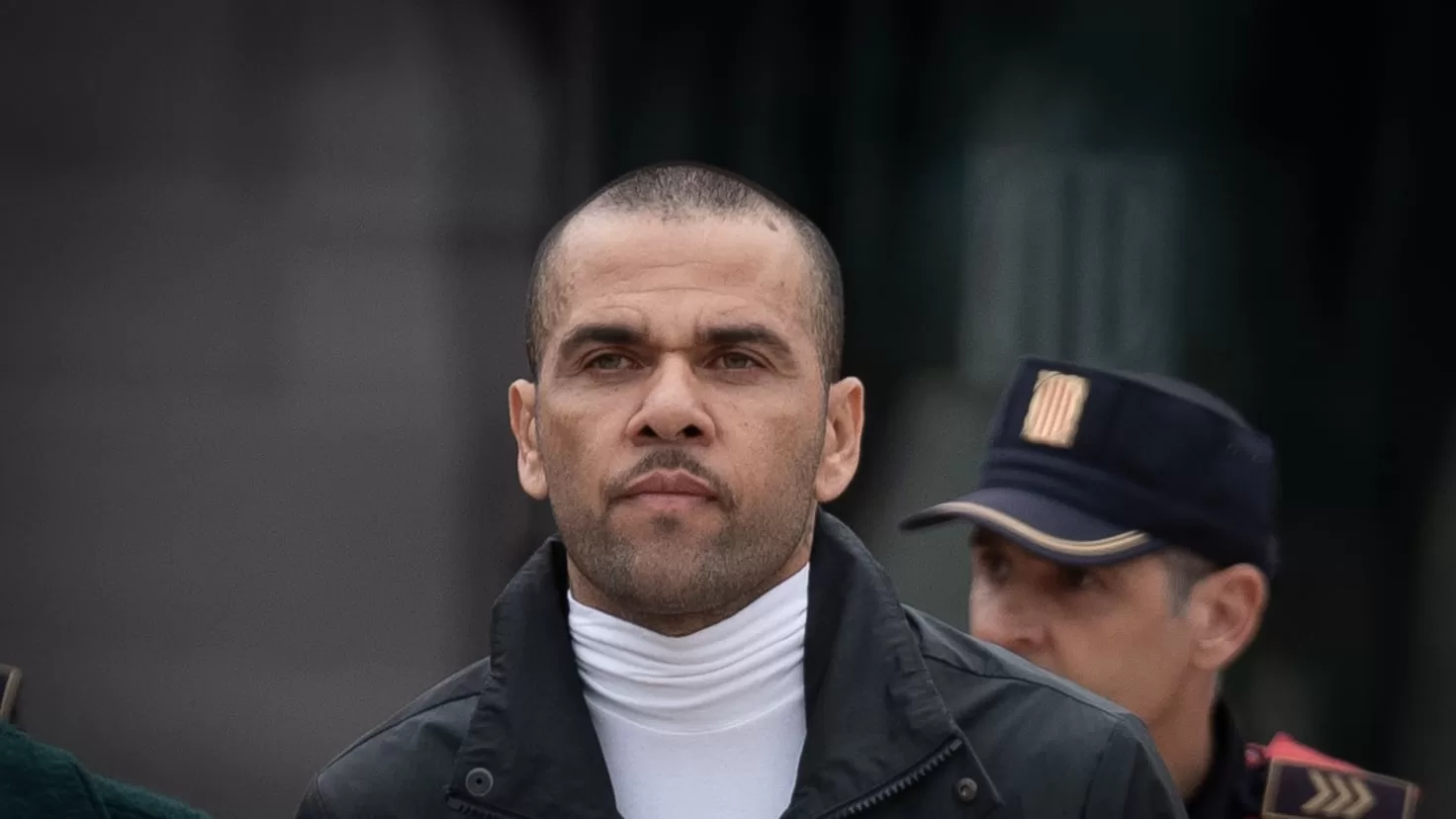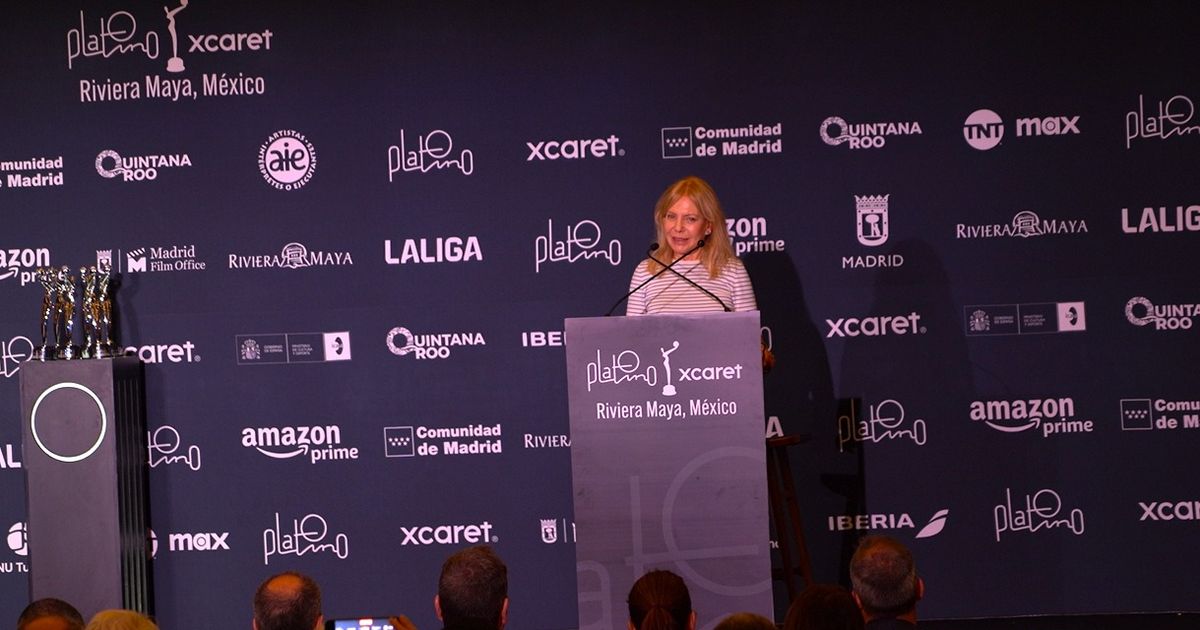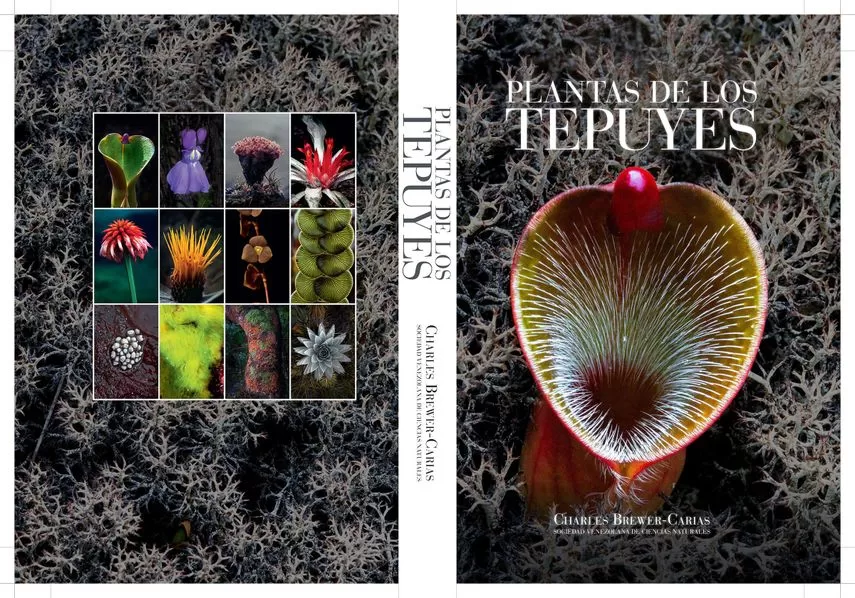O The film, directed by José Ernesto Martínez, combines documentary and fiction genres and will be distributed by Circuito Gran Cine, directed by Portuguese-Venezuelan Maria Helena Freitas.
“Caracas Jazz is a documentary about the history of jazz. How it appeared, its roots and how it developed in the 1970s. When JSB opened its doors, a jazz boom began in Venezuela. All the international musicians who came to Venezuela after their concerts at Teresa Carreño and Teatro Municipal, they came here to play, to listen to music”, said the filmmaker.
José Ernesto Martínez was speaking to Lusa in Caracas, during a press conference in which he presented the project to journalists and which took place in the “temple of jazz”.
“In Latin America, Venezuela was one of the first countries where jazz developed. With the opening of the JSB, jazz started to grow, to become popular and that is what we are now trying to do again”, he explained, underlining that it is “one of the iconic and emblematic places of the jazz genre” in the region.
José Ernesto Martínez also explained that, “during the research and development of the project”, he realized “that there were very few places to listen to jazz in Venezuela”.
“In the 1990s, radio stations and specific jazz programs were closed and popularity began to decline. Jazz ceased to be heard in Caracas”, he noted.
However, he explained, “there are still very important musicians who have personal, individual, fusion, Latin jazz projects, but not something collective”. Therefore, “a series of concerts are being programmed as part of World Jazz Day, which is on Sunday, April 30”.
“The essence of the project is to popularize, to make jazz sound again in all parts of Venezuela”, he stressed.
On the other hand, the Portuguese-descendant Maria Helena Freitas explained that “it is very important to participate in this film”.
“We are part of, we created and designed the history of jazz in Venezuela and that is a pride that we have maintained during 50 years of artistic tradition in the spaces of JSB”, he said.
“On our stages, great jazz musicians from all over the world and Venezuelans have performed, who are now part of the jazz elite in the best scenarios on the planet (…). I have a double feeling of emotion for being general director of Circuito Gran Cine and for being a partner at JSB”, she said.
The Portuguese descendant explained that in Venezuela there were some venues dedicated to jazz during the “golden age”, between the 1970s and 1990s, but that none have survived to the present day.
“JSB is more than a jazz bar, a jazz temple. Its history has to do with training, education, supporting new talent. These spaces allowed young people to present themselves and also with the fact that great talents of universal jazz came here to present their shows and show the universe of jazz”, he stressed.
The most important thing, he continued, “are the great Venezuelan jazz figures and musicians who are important in the world today”, who launched themselves on the Venezuelan stages, where they played with “17 and 18 years old, experimenting, learning, and who were driven here” .
“JSB is a jazz university in Venezuela and plays a very important role in Venezuelan society and in promoting this genre to new generations”, he stressed.
On the other hand, the Luso-Venezuelan businessman Juan Carlos de Freitas explained that JSB was born in 1973, celebrating its 50th anniversary on June 16th. The bar was initially owned by a grandson of the former president of Venezuela Eleazar Lopez Contreras, who ended up selling it to the Portuguese José Mata de Ornelas, António Abreu, Ángel Ernesto Freitas, Adelino Correia and João de Freitas.
“Many musicians from abroad played here, from New York and Cuba. From Europe, they came from France and Italy. From Portugal, I remember a very well-known saxophonist, Carlos Martins”, he said.
Juan Carlos de Freitas underlined that he would like the “Portuguese embassy to collaborate a little, bringing musicians from Portugal”.
“We present many (musicians) from France, Italy, the United States, Cuba, (…) but very little from Portugal. It would also be good to promote Portuguese culture through jazz”, he said.
Also Read: Teatro do Vestido shows how the 25th of April was seen by foreigners






